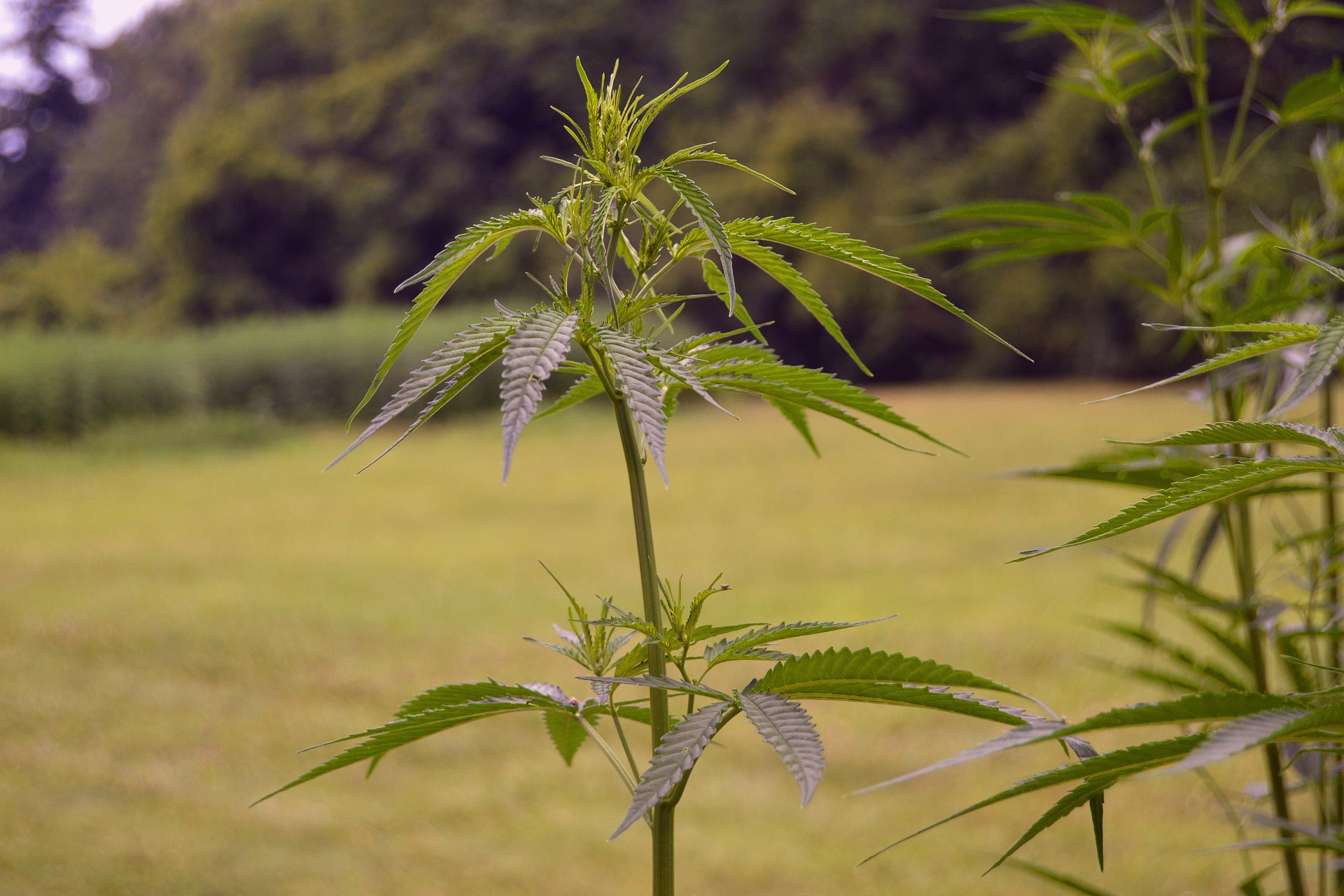A look at the total number of hemp growing licenses issued this year gives us an important glimpse into the rapidly growing hemp industry.
More people than ever are interested in growing hemp now that the crop is legal. An amendment to the 2018 Farm Bill legalized hemp after decades of prohibition. Even though the Department of Agriculture didn’t issue formal hemp growing guidelines until late October, interest in the crop is already booming.
According to a report by Vote Hemp, U.S. states issued 16,877 hemp growing licenses in 2019, across 34 states, for a total of 511,442 licensed acres. From these numbers, we can learn a lot about the state of hemp in America, and what’s going right or wrong.





